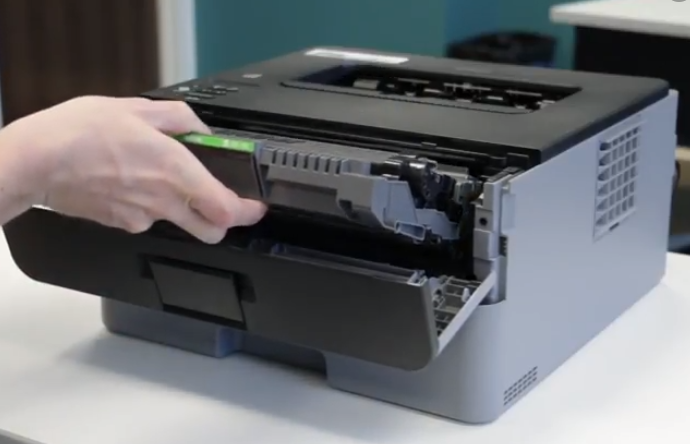MPS Help Reduce Printing’s Environmental Impact
MPS Help Reduce Printing’s Environmental Impact
In today’s world, sustainability has transcended to an imperative instead of a temporary trend. As organizations strive to minimize carbon footprint, it has been noted that printing, although often overlooked, poses tremendous environmental impact. Toshiba America Business Solutions points out that Managed Print Services (MPS) is an ideal solution to lower the such influence while promoting other eco-friendly practices

The Environmental Impact of Printing
Similar to energy conservation and waste reduction, which gathers most attention regarding sustainability efforts, printing is also a significant sector that businesses should pay attention to reduce environmental impact. Excessive paper consumption, inefficient devices, and improper disposal of toner cartridges are among the largest contributors to waste and pollution. Greater challenges are noted in industries such as education and healthcare where printing remains an indispensable necessity. For organizations committed to meeting carbon reduction targets, evaluating their print environment is at their priority.
More specifically, MPS can address sustainability challenges in the following aspects:
Eco-Friendly Printer Devices
Outdated printers often lacks energy efficiency and creates considerable environmental burden. Hence, designed with more environmental awareness, MPS provides modern and sustainable devices that consume less energy, optimize toner usage, and have longer lifespans, thus minimizing e-waste. The practices benefits more than the environment but also company’s operational costs.
Toner Recycling Programs
As they contain plastic, toner cartridges are difficult to be disposed, which has been a great hassle for businesses. Some of them may even choose to dump used cartridges directly without considering their environmental consequences. By transitioning to MPS, enterprises can leave the problem to MPS providers, which often offer toner recycling programs that facilitate proper disposal and reuse, enabling businesses to reduce waste and contribute to a circular economy.
Carbon Footprint Tracking
Meaningful sustainability improvements require accurate measurement. MPS solutions provide carbon footprint tracking tools that outlines emissions contributed by printing-related tasks. By analyzing their printing footprint, organizations can identify inefficiencies and implement strategies to reduce their environmental impact while improving operational efficiency.
Reduction on Paper Usage
Reducing paper waste is essential to sustainability. MPS providers implement measures such as duplex printing, print quotas, and digital workflows to limit unnecessary printing. These strategies not only reduce environmental impact but also improve document management and lower costs.
Sustainable Print Management
Sustainability extends beyond waste reduction—it involves long-term efficiency. MPS enables businesses to optimize device usage, consolidate print fleets, and reduce overall energy consumption. This comprehensive approach helps organizations achieve their environmental objectives while maintaining productivity.
Sustainability is no longer optional—it is a business necessity. Environmentally responsible practices not only benefit the planet but also drive cost savings and enhance corporate reputation. Additionally, consumers and business partners increasingly favor organizations that prioritize sustainability. By investing in eco-friendly print solutions, companies can strengthen their brand image while ensuring compliance with evolving environmental regulations.
Related:
- China Printer Market Faces Continual Challenges in 2025
- Printers Evolve into Digital Signing Hubs Amid Digitalization
- Print-on-Demand Market Boosted by E-commerce & Customization
- Barcode Label Printer Market Expected to Grow Drastically
- Laser & Inkjet Printing’s Roles in Evolving Office Environments
Comment:
Please leave your comment below about the news: MPS Help Reduce Printing’s Environmental Impact.







Leave a Comment
Want to join the discussion?Feel free to contribute!